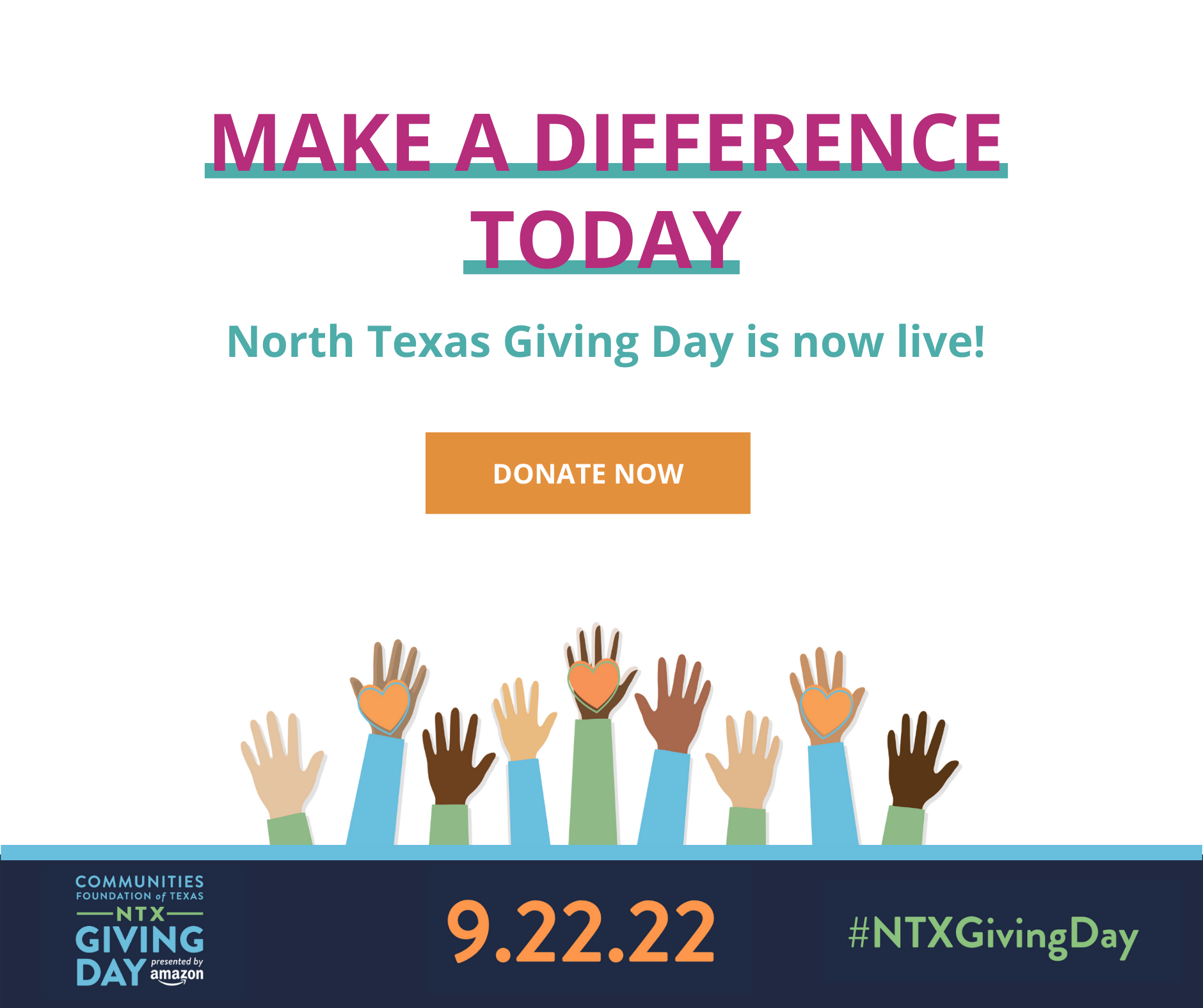Mercedes Bristol is a grandparent raising five grandchildren after their involvement with Child Protective Services (CPS). She also advocates for the needs and rights of grandparents who are raising their grandchildren. Mercedes is what is known as a kinship caregiver.
According to the Department of Family and Protective Services (DFPS), 276,800 children in Texas reside with an adult, like Mercedes, who is not their parent. This includes, but is not limited to, both informal (i.e. placement without CPS legal intervention) and formal (i.e. placement for children in state custody or a licensed kinship family home) kinship placements. For children in the state’s custody, more than 40% of children are placed in a kinship home across most regions.

Mercedes has been actively involved with kinship caregiver support groups in the San Antonio area and co-leads a group quarterly meeting alongside DFPS. Mercedes additionally lends her personal experience and expertise to the policy-making process by working closely with CPS to provide input and review policies, and she encourages other grandparents to get involved as well.
Kinship caregivers have unique needs and often do not know what services are available to them and the children in their care. Many kinship caregivers face financial challenges but do not receive the same kind of financial compensation as foster parents unless they decide to become licensed. However, that is only an option for children who are in the state’s custody.
But what about families who step up when CPS isn’t legally involved? There are even fewer supports, and it can be difficult to learn how to navigate multiple systems to obtain the services they need. They may not have anyone to help guide them. Regardless of the steep road of challenges, kinship caregivers rise to the occasion.
We spoke with Mercedes about her own experience, the opportunities for Texas to better support kinship caregivers, and the supports she can offer.
TexProtects: What has been the most rewarding thing about being a caregiver to your grandchildren?
Mercedes Bristol: When they all go to bed at night after saying our prayers and see that they are safe.
TP: You already got involved in a significant way by stepping up to meet the needs of your family. What made you want to take a step further and get more involved in community and policy work?
MB: One day I was struggling with the step I had taken. Then someone told me to not just let life happen to my grandchildren and me but to be proactive instead! I knew I was not the only one raising my grandchildren, and I decided to be a support to them. From there, I joined a support group called Abuelos y Nietos Juntos in 2012 run by Dr. Santos and received much needed support from this group. Knowing there were other grandparents like myself, I asked if we could start other groups and Dr. Santos helped me start one. We are now 12 support groups and growing. Besides the support groups, we thought that we needed to make people aware of grandparents’ needs, so we contacted state representatives and senators and Judge Peter Sakai in San Antonio. That is where the advocacy part started.
TP: What are the needs you hear about the most in the support groups you helped establish?
MB: Most of the support we give is around the CPS system because grandparents need information on how to navigate the CPS system. We hear about legal issues when a parent just drops off the children and leave without proper paperwork for the grandparent to provide educational, medical, or financial assistance for the children.
TP: With the Family First Prevention Services Act (FFPSA) implementation right around the corner, what opportunities do you see for Texas to take advantage of this legislation to meet those needs? [For more information on FFPSA and how it can be used to support kinship caregivers, see our report: Family First Prevention Services Act: A Shift in the Right Direction for Families.]
MB: The opportunity to draw from those federal funds would allow us to help children that have not entered the state’s custody who are placed with a grandparent or kinship caregiver. Those funds would immediately equip them by providing the necessary things so that the children enter a secure home that kinship caregivers will and can provide for them.
TP: How do you hope to see a kinship navigator program implemented in Texas?
MB: In practice, I want kinship caregivers to be able to call whichever agency is assigned as the kinship navigator, do an intake form, and then be assigned to a caseworker that can assess their needs. I want that same agency to have the ability to provide all the things that the family needs. For instance, many families need legal assistance and to be able to obtain vital statistics. They need to be counseled on the options they have. Families also need emotional support. They often need financial assistance or help paying for utilities or rent, so they need help applying for benefits. I have seen that families need access to clothing closets and food pantries. They need help with mental health assessments for the children in their care who have experienced trauma or need help meeting the needs of children with disabilities. Families need someone to help them with the necessary referrals to have these assessments done. They also need help with school enrollments. Any sort of kinship navigator program needs to connect them to those supports, not just give them a referral.
TP: For those in our audience that may be looking at how to get connected, can you tell our audience what your support groups look like and the benefits you have seen for kinship caregivers who attend? Also, how can kinship caregivers get connected to these?
MB: We invite a community resource to come and speak to the group and have some coffee and snacks. We introduce ourselves if there are new grandparents raising grandchildren. Then we allow them to tell why they are there, and the group takes different forms. I am there to facilitate the conversations. Sometimes there is crying and awareness that they are not alone and that there is hope to find help in their situation. We have a website and a Facebook page that will give them access to the support groups or other resources. I also co-facilitate a quarterly support group with DFPS that is offered to kinship caregivers that are in the CPS system.



